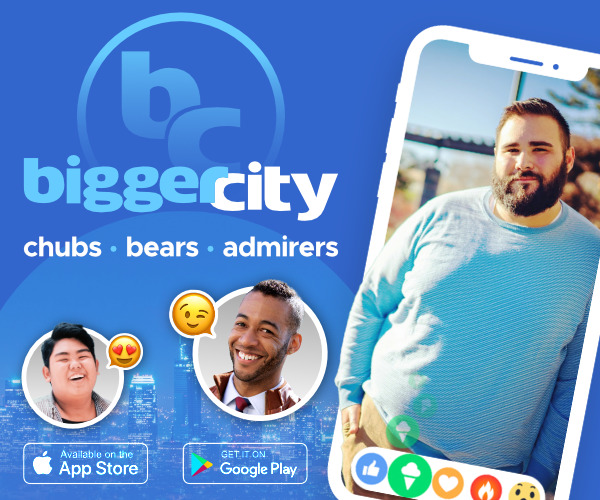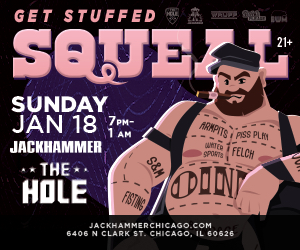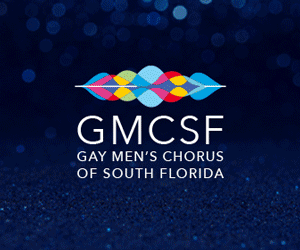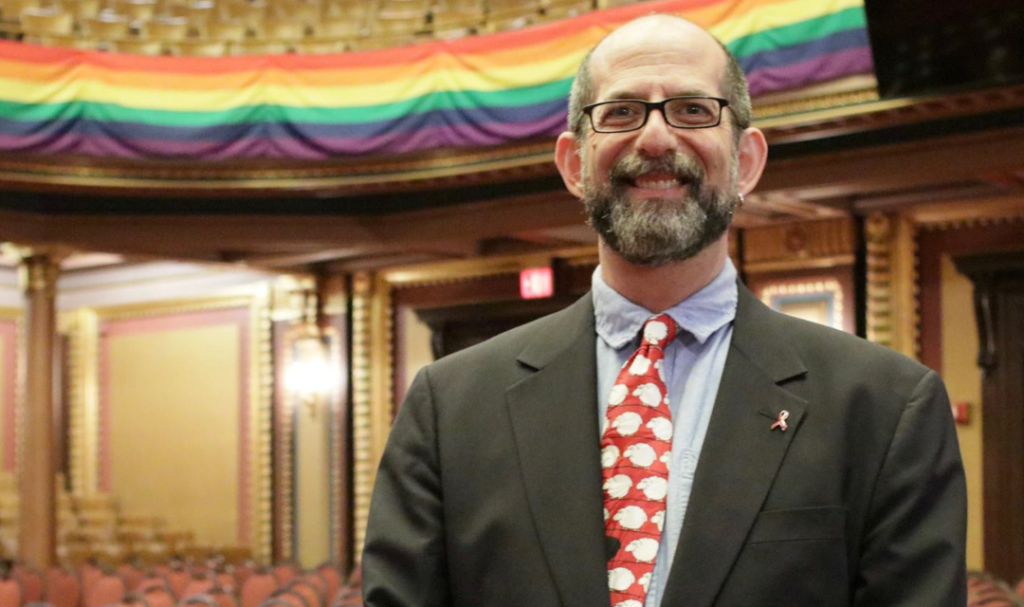
Talking Queer Judaism with Rabbi David Dunn Bauer
For April we decided to examine a potential path back to religion & spirituality for bears and queer people since all the major Spring holidays are occurring throughout the month. To that end, we spoke with a variety of queer religious leaders and gathered their input on the topic.
With Passover just wrapping up, we take a deeper look at Judaism with Rabbi David Dunn Bauer. The following is a transcript of our conversation.
John Hernandez: Do you think there is a path of return for queer people to Judaism which may have alienated them as children/ young adults?
Rabbi David Dunn Bauer: The Jewish religious tradition that people would be returning to is not the one that they fled from. The name may be the same, but the spirit and the function are totally different.
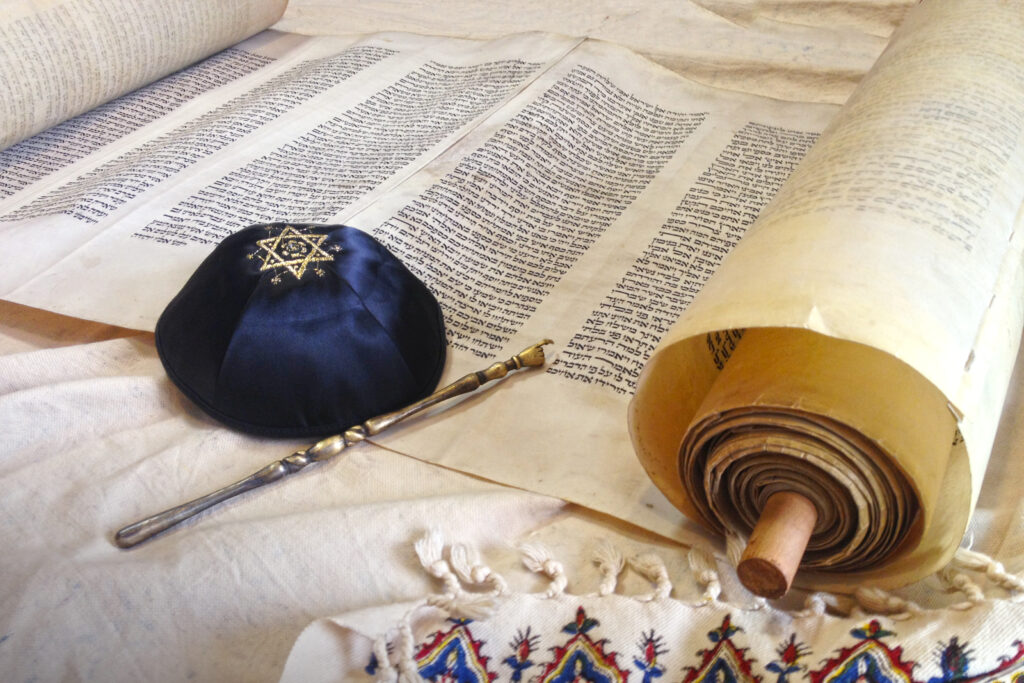
People who return to Judaism after wandering away, or those who join the Jewish people after having started somewhere else on the spiritual map, have the same right to our spiritual heritage as do those people who never left. We aren’t so much “The People of the Book” as we are “The People Endlessly Conversing About the Books.”
When you arrive at the tradition, you find an immense library of books, and an on-going conversation about the texts. The dynamic energy of Jewish religion has always come through asking questions. Nowadays, within Feminist and Queer Judaism there are fewer restrictions on who may pull up a chair and join the conversation. The more you study, the more exciting you will find the conversation, but your voice and your questions are welcome and necessary from the moment you sit down to read.
It’s not just the newer authors that make Judaism different. Texts that are thousands of years old may be the most recently available as they are newly translated, made available online, and their historical context explored and reassessed. Some of them are radical as all get-out!
Contemporary Queer Judaism is so much more interesting than the hetero-normative Judaism that turned people off or turned them away 30 years ago. Come back and see what it has become.
John Hernandez: Is there a queer community of worshippers or a congregation in your religious tradition that you can recommend for queer people?
Rabbi David Dunn Bauer: Judaism has been revitalized by a Queer synagogue movement for over 50 years now. It has been successful enough that many formerly Queer shuls are now all-inclusive. [Whispers] We see straight people!
Nonetheless, I am a big believer that Queer synagogues still provide a unique experience to their participants and unique contributions to the Jewish world. The great LGBTQIA+ synagogues that continue to thrive as such include Congregation Beit Simchat Torah in NYC, Congregation Sha’ar Zahav in San Francisco, Congregation Kol Ami and Beth Chayim Chadashim — both in Los Angeles.
Additionally, pointing to the teachings of Rabbi Mordecai Kaplan z”l, there are multiple avenues of access to Jewish civilization. One of the most exciting has always been the study of Jewish sacred text. It was, for most of our history, the exclusive privilege of cisgender men (see Yentl). People should check out SVARA – a traditionally radical Yeshiva, based out of Chicago, and go to Queer Talmud Camp.
John Hernandez: Is it possible to be a solo practitioner of Judaism?
Rabbi David Dunn Bauer: Only that question gets a one-word answer. No.
Judaism as a religion only works when there is community. We need people to pray with, sing with, study with, argue with, dance with, cook with, argue with, eat with, and argue with! Certain central pieces of liturgy (Mourner’s Kaddish, for example) traditionally were not prayed if there were fewer than 10 Jews in the room. Judaism can be studied on one’s own, but I don’t believe anyone can practice it alone. The lifting is too heavy. Community is what makes it magical.
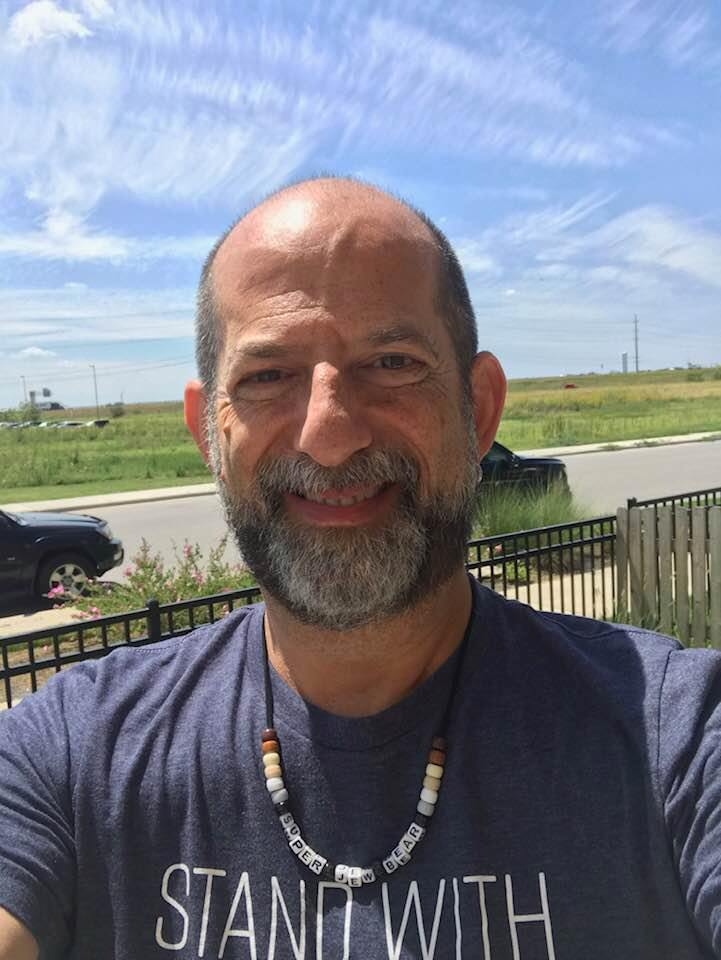
John Hernandez: What does Passover mean to you?
Rabbi David Dunn Bauer: The Passover Seder is modeled on the Greek symposium. It is a moment of luxury where we experience abundance on multiple levels: food, storytelling, intimacy, intellectual challenge, tradition, and innovation. The theme is liberation, a concept that gets more complex the older we grow. The Israelites of the Torah (Jewish Bible) had to be freed from the tyranny of Pharaoh. Liberation was an absolute need. Tyranny, despotism, authoritarianism, dictatorship, fascism — these cannot be allowed to stand. However, even the Biblical story of the Exodus, wherein Godself effected the People’s liberation, freedom came at the terrible cost of ten gruesome plagues and countless wars of conquest. How do we today achieve real freedom with the minimum of war and bloodshed? That’s the question we must address every year. This year, Jewish safety, Queer safety, and women’s safety and freedom are threatened everywhere. Democracy and basic principles of human equality are being undermined by the right wing here in the States, in Israel, in Ukraine, in Russia (the list goes on). How do we bring about liberation and justice for all oppressed people everywhere?


